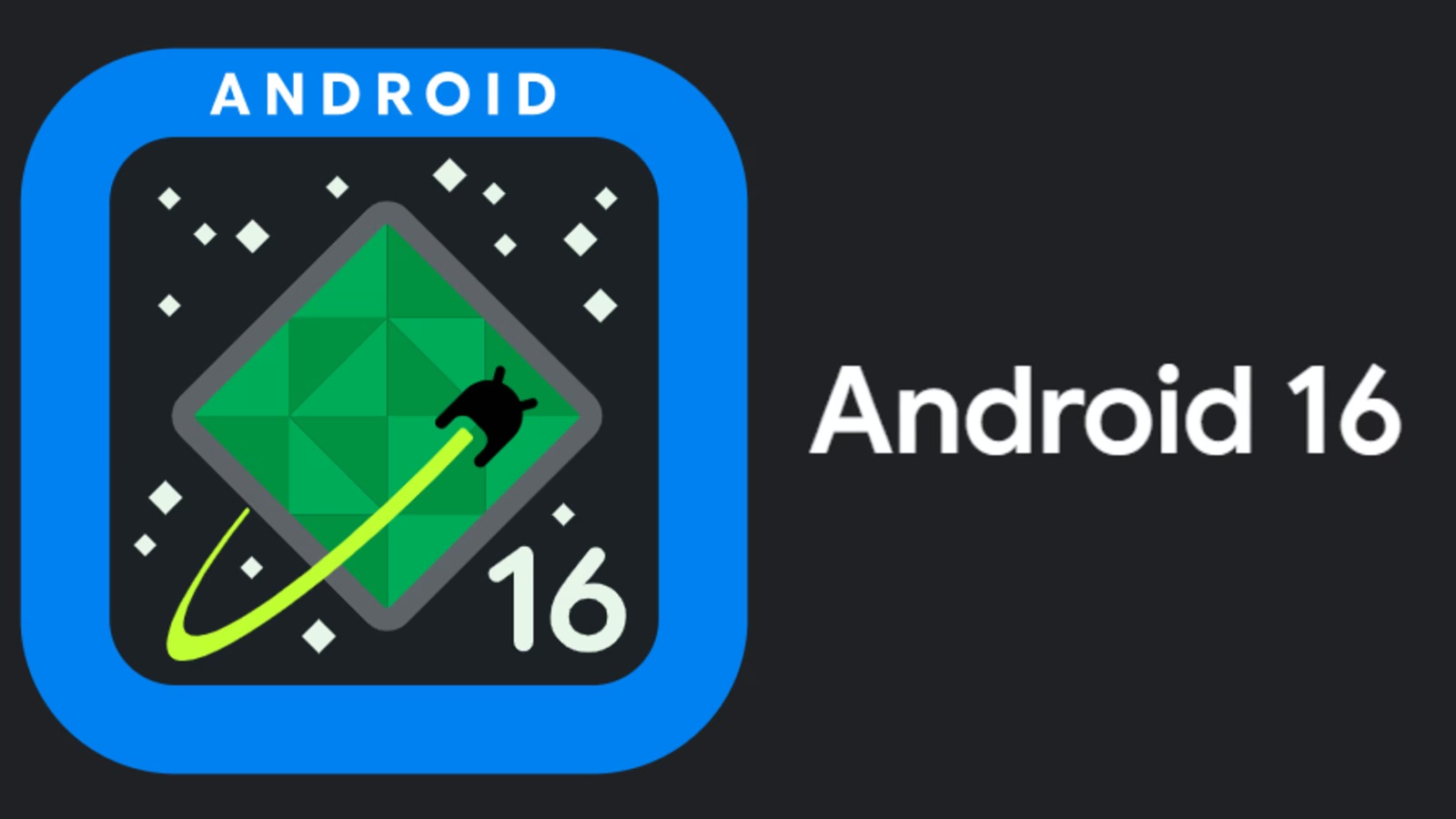Remember Digg? If you were online in the early 2000s, you might recall how it revolutionized news sharing. Founded in 2004 by Kevin Rose, Digg let users upvote (“dig”) or downvote (“bury”) stories, helping surface the most interesting content.
At its peak, Digg attracted 40 million monthly users, establishing itself as a strong competitor to platforms like Reddit. However, due to various challenges and ownership changes, its influence declined, ultimately resulting in its sale in 2012.
Fast-forward to 2025, and Digg is poised for a renaissance. Kevin Rose, the original founder, has teamed up with Alexis Ohanian, co-founder of Reddit, to breathe new life into the platform.
Their shared vision centers on addressing the current challenges of online social spaces, which often feel fragmented and impersonal. Justin Mezzell, the newly appointed CEO, encapsulates this sentiment by noting that the online social space “feels really difficult to connect” and that platforms have become increasingly “disconnected.”
A key aspect of Digg’s revival is its use of artificial intelligence (AI). The platform plans to utilize AI for handling routine tasks, allowing human moderators to focus on fostering genuine interactions within communities.
This strategy aims to push back against the “outrage culture” fueled by many modern social media algorithms. As CEO Justin Mezzell puts it, the challenge is figuring out how to inspire users to “show up and have conversations, learn from each other, share something they’re passionate about, and do it earnestly.”
A Different Approach to Moderation
Content moderation will adopt a new, better strategy. Instead of the traditional approach of banning or not banning content, Digg plans to tailor content visibility based on community standards.
For example, content that doesn’t align with a group’s tone may have reduced visibility, encouraging adherence to community norms. Rose elaborates on this by illustrating a scenario where a user posts content with inappropriate language in a meditation group. Instead of outright removal, the platform might limit its visibility, aligning with the community’s established tone.
The relaunched Digg aims to provide a space where users can engage earnestly, learn from each other, and share passions. The platform is set to debut in the coming weeks as both a website and a mobile application.



























